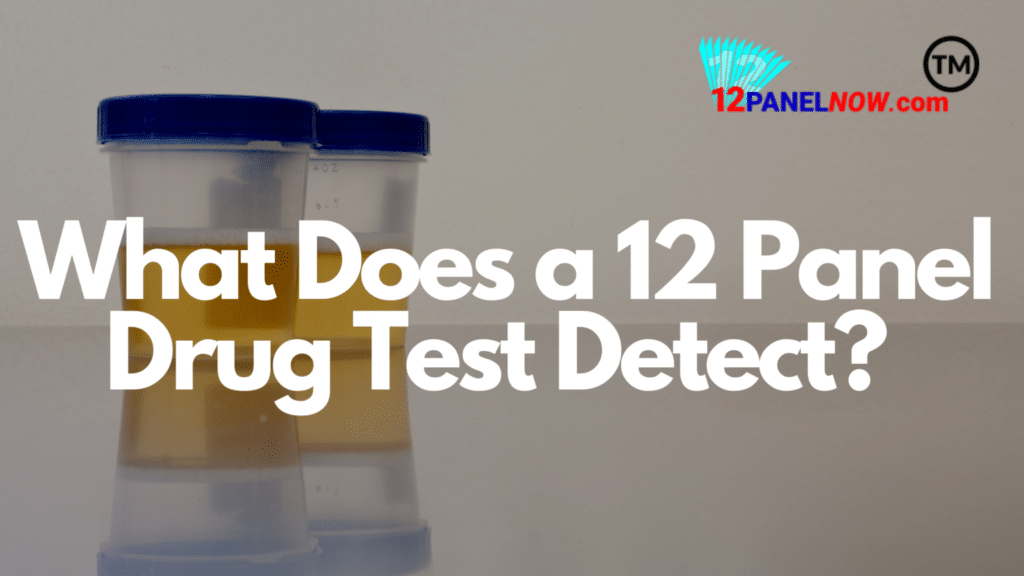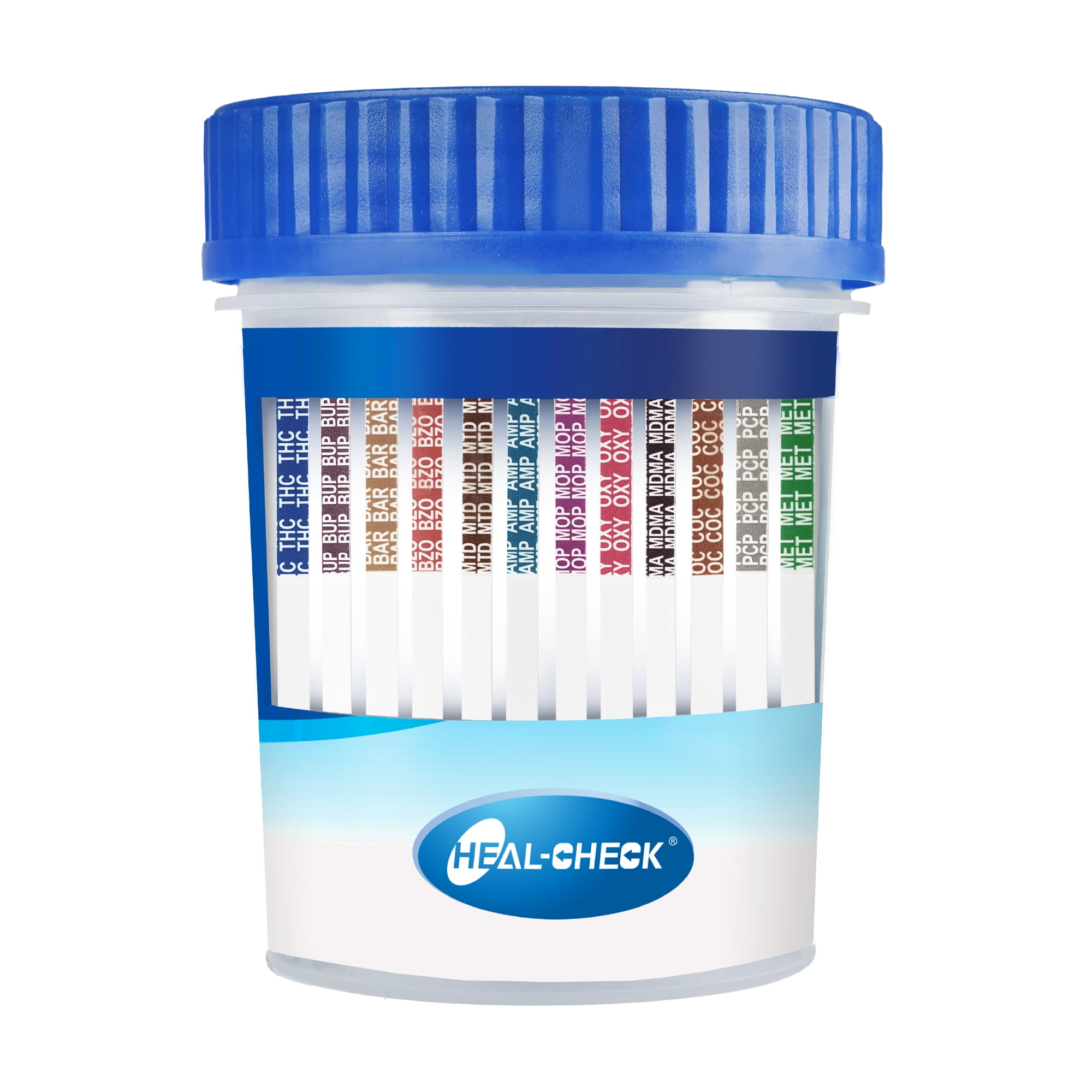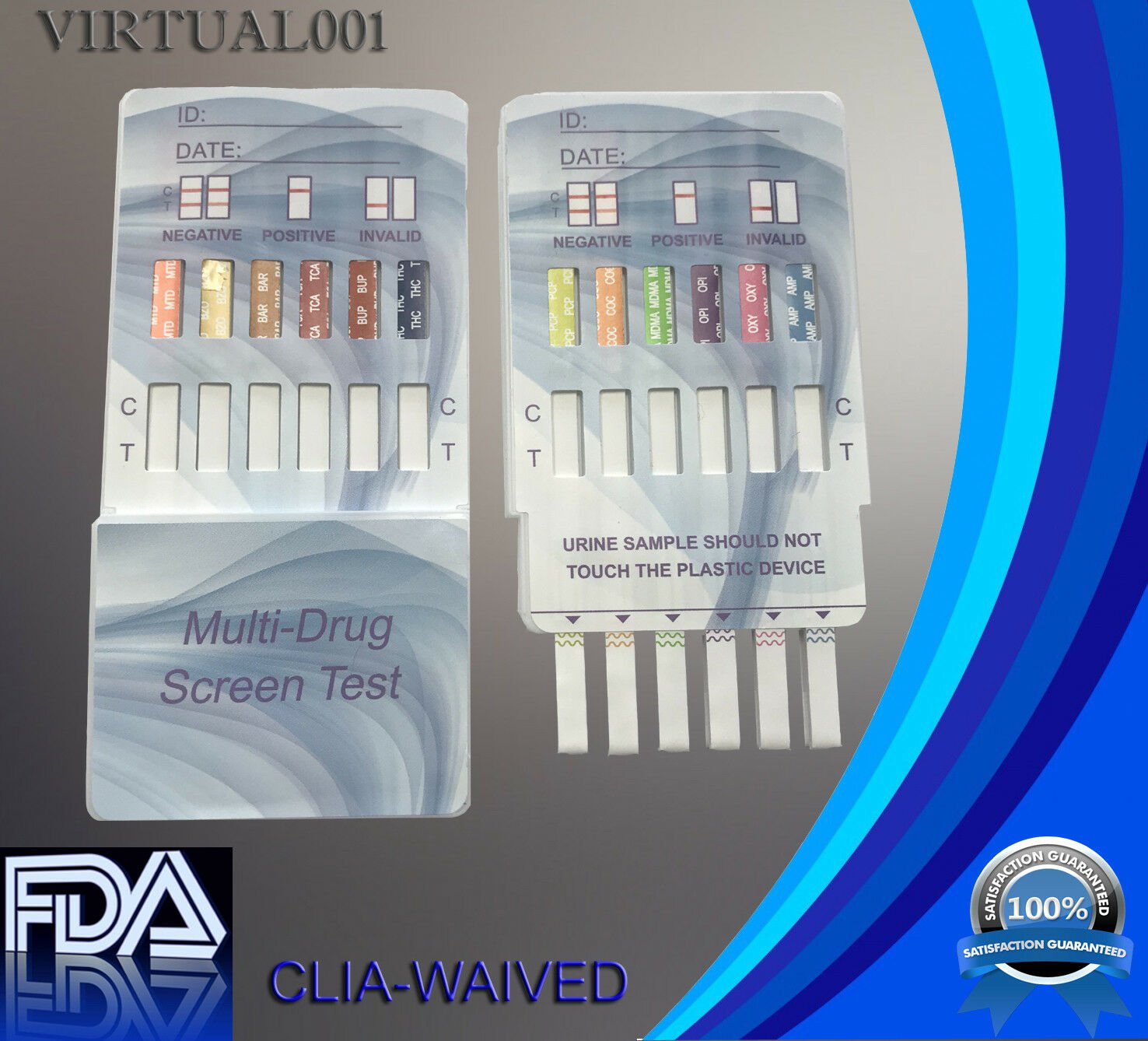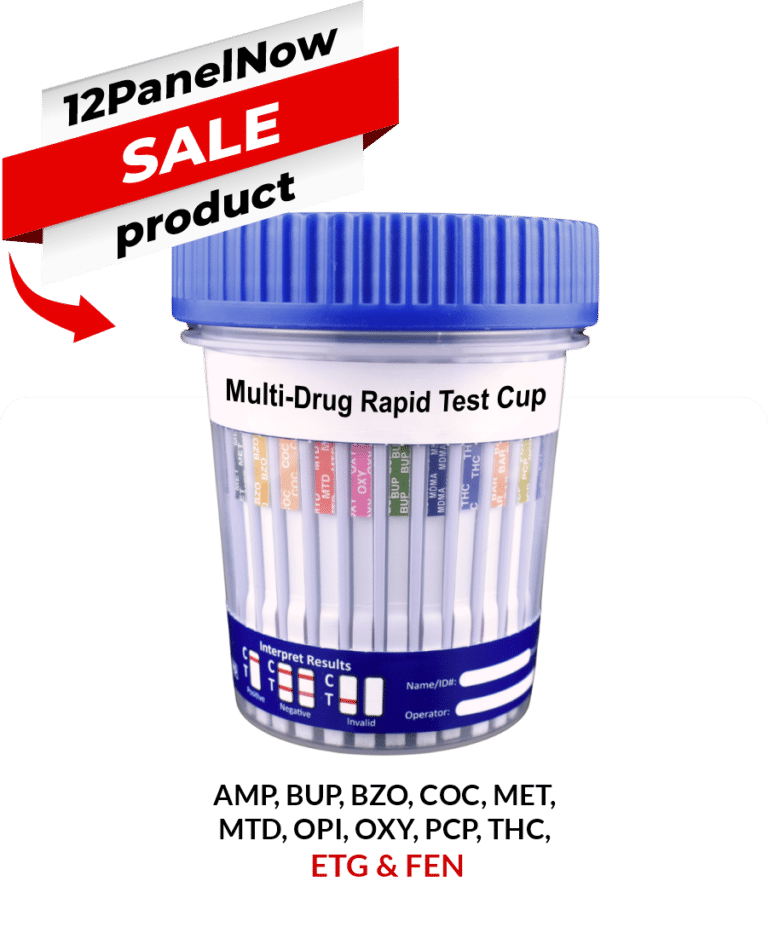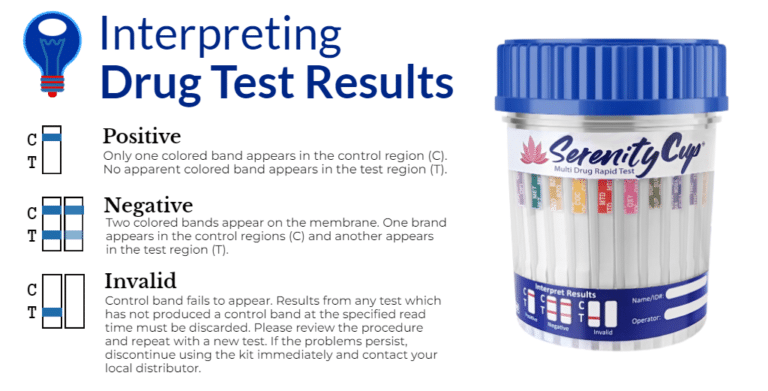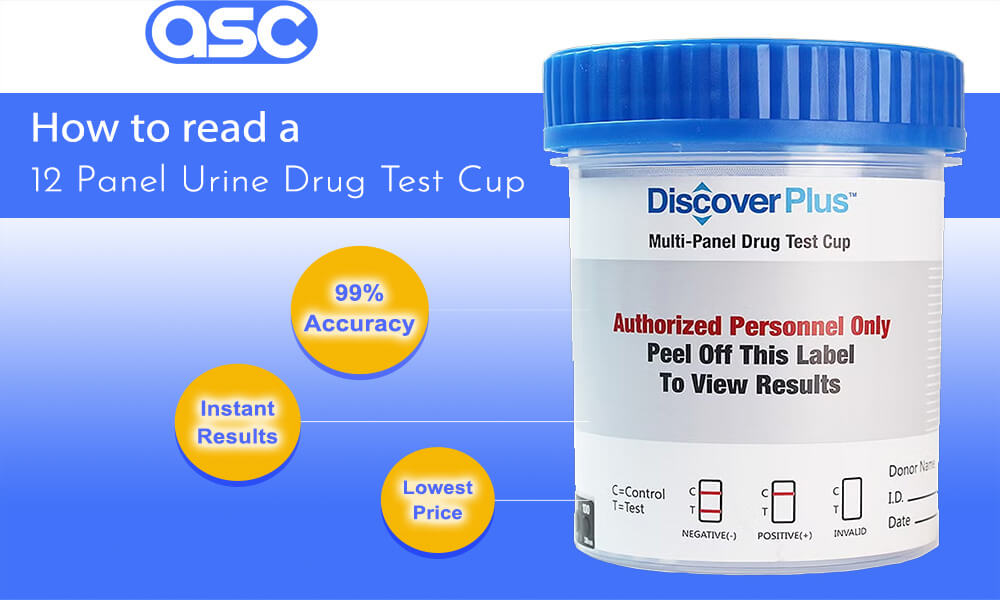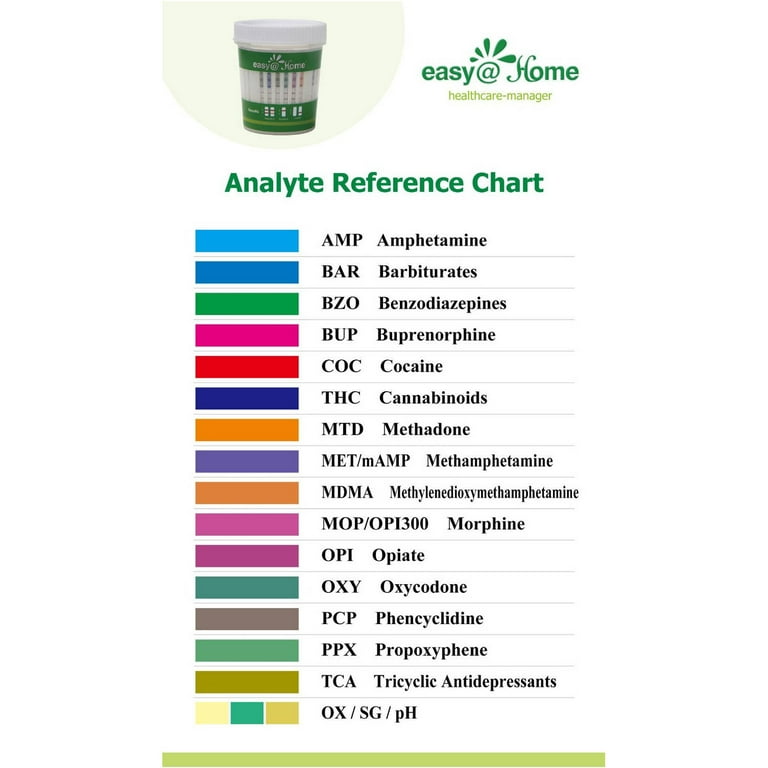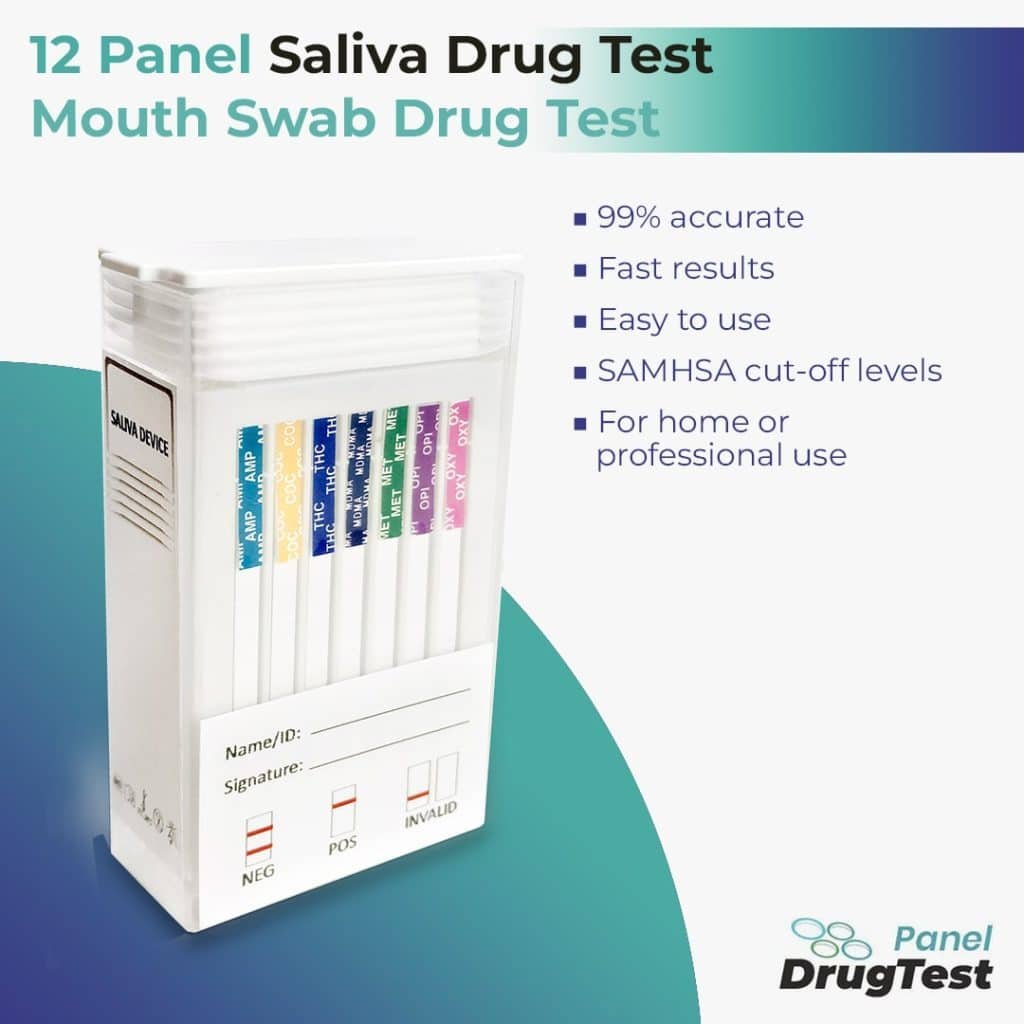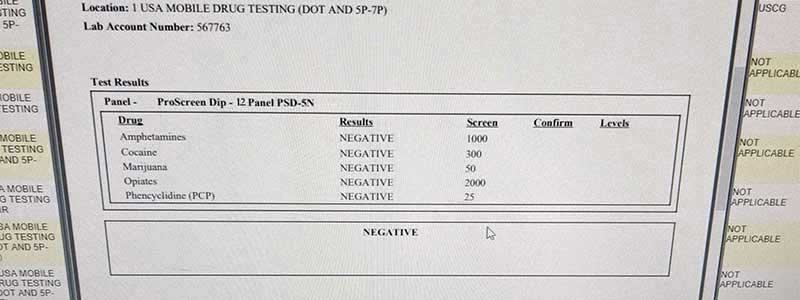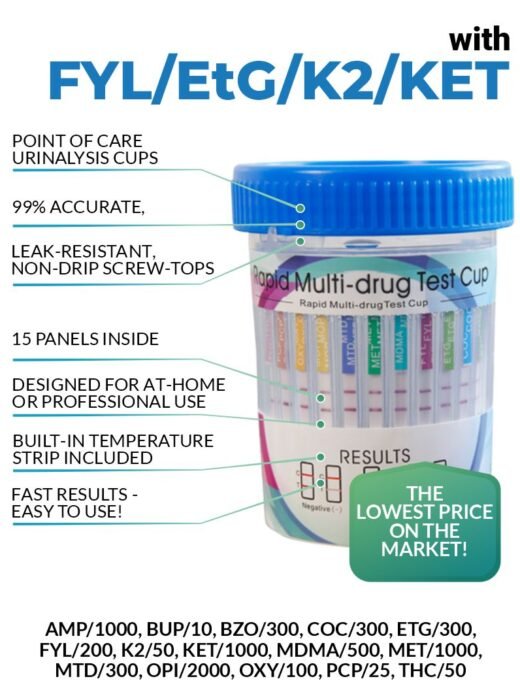Quest Diagnostics 12 Panel Drug Test
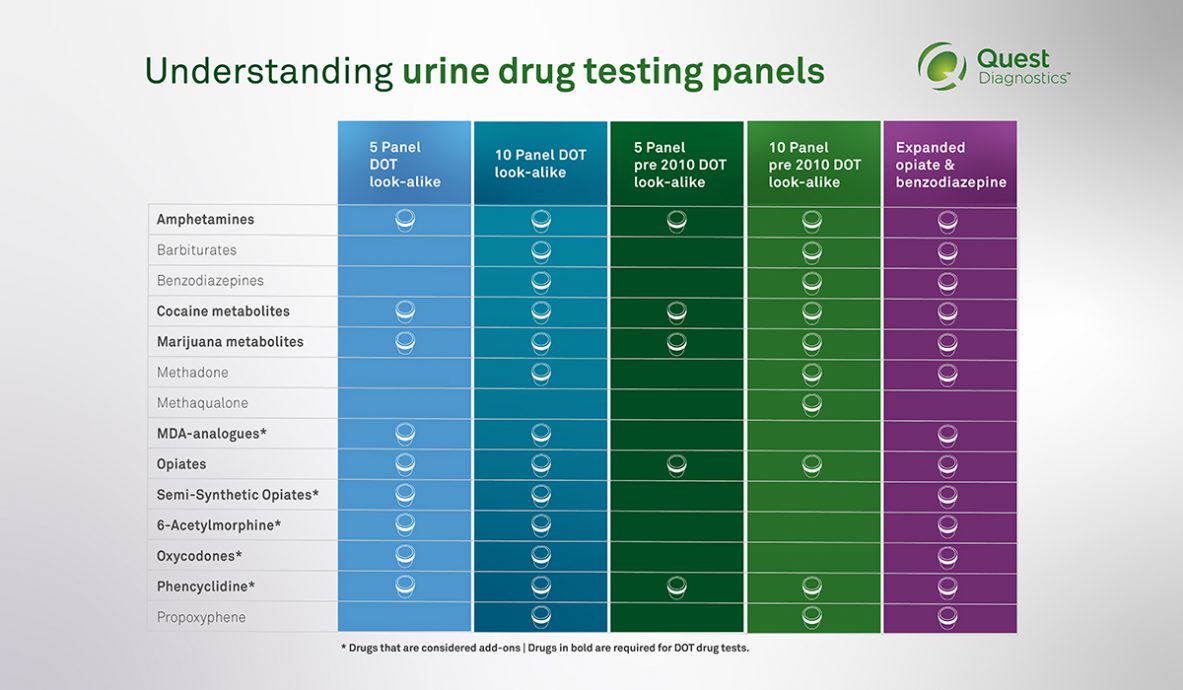
The stakes are high when a drug test result can dictate employment opportunities, legal standing, and even personal freedoms. Among the various testing panels available, the Quest Diagnostics 12-panel drug test stands as a prevalent method used across industries. This comprehensive screening tool aims to detect a wide array of substances, raising questions about its accuracy, implications, and ethical considerations.
At the heart of the matter is the Quest Diagnostics 12-panel drug test, a widely utilized screening procedure that identifies the presence of twelve distinct drug classes in an individual's system. Its widespread adoption stems from its perceived efficiency and broad scope, making it a go-to choice for employers, legal entities, and healthcare providers. Understanding what the test entails, its accuracy levels, and the consequences of a positive result is crucial for both individuals undergoing testing and those administering it.
What the 12-Panel Test Screens For
The 12-panel test typically screens for the following substances: Amphetamines, Barbiturates, Benzodiazepines, Cocaine, Methadone, Methamphetamines, Opiates, Oxycodone, Phencyclidine (PCP), Propoxyphene, Tetrahydrocannabinol (THC), and sometimes includes testing for specific synthetic opioids.
The exact composition can vary slightly depending on the specific needs of the requesting entity, but the core focus remains on detecting commonly abused and controlled substances. Knowing the specific substances being screened is essential for understanding the potential implications of the test.
Accuracy and Methodology
Quest Diagnostics, a leading provider of diagnostic information services, employs sophisticated laboratory techniques to ensure the accuracy of its drug testing panels. The primary screening method often involves immunoassay, a technique that detects the presence of drugs or their metabolites in urine samples.
When an immunoassay yields a positive result, a confirmatory test using gas chromatography-mass spectrometry (GC-MS) or liquid chromatography-mass spectrometry (LC-MS) is typically performed. These confirmatory tests provide a higher degree of accuracy and specificity, minimizing the risk of false positives.
Implications and Consequences
A positive result on a 12-panel drug test can have significant consequences. For employment purposes, it may lead to denial of employment, termination, or mandatory participation in substance abuse programs.
In legal settings, a positive test could impact probation, parole, child custody arrangements, and even criminal proceedings. Understanding the potential ramifications is essential, particularly when the test is mandated by an employer or legal authority.
Concerns and Criticisms
Despite its widespread use, the Quest Diagnostics 12-panel drug test is not without its critics. One major concern revolves around the potential for false positives, which can arise due to cross-reactivity with certain medications or food products.
Another concern is the invasion of privacy inherent in drug testing. Some argue that mandatory drug testing infringes on individual liberties, particularly when there is no clear evidence of impairment or job-related risk.
"Drug testing should be reserved for situations where there is a legitimate safety concern or a legal requirement," argues Dr. Emily Carter, a bioethicist specializing in workplace drug testing policies.
Alternative Perspectives
Proponents of drug testing argue that it is a necessary tool for maintaining workplace safety and preventing substance abuse. They point to studies that suggest drug testing can deter employees from using drugs and create a safer work environment.
Furthermore, drug testing can be a vital component of substance abuse treatment and recovery programs, helping individuals stay on track and avoid relapse. From a legal standpoint, drug testing can provide valuable evidence in criminal and civil cases, ensuring justice and accountability.
The Future of Drug Testing
The field of drug testing is constantly evolving, with advancements in technology and changes in societal attitudes shaping its future. There is growing interest in alternative testing methods, such as oral fluid testing and hair follicle testing, which offer different detection windows and levels of invasiveness.
Moreover, the increasing legalization of cannabis in various jurisdictions is prompting a reevaluation of drug testing policies, particularly regarding THC detection. As our understanding of substance abuse and its impact on society evolves, drug testing practices will likely continue to adapt.
Navigating the Complexities
The Quest Diagnostics 12-panel drug test is a powerful tool with far-reaching implications. It is crucial for individuals and organizations to understand its capabilities, limitations, and ethical considerations. Informed decision-making, based on accurate information and a balanced perspective, is essential for navigating the complexities of drug testing in today's world.
